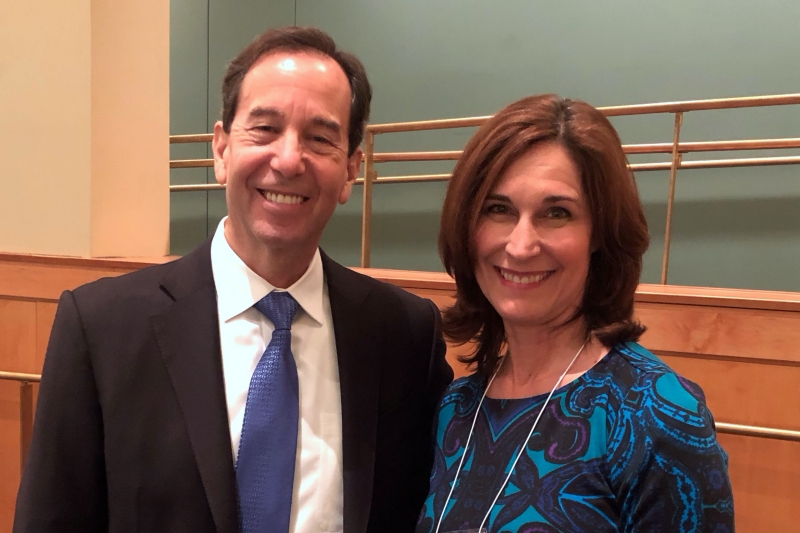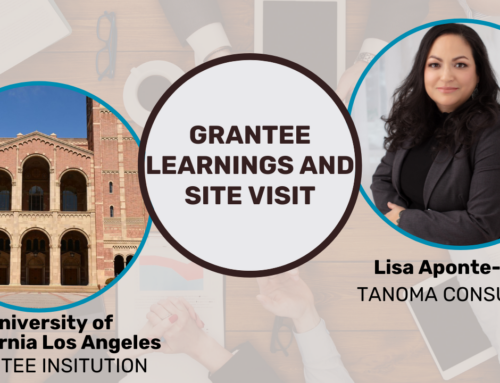The following was written by and from the perspective of Change Matrix (CM) Partner Elizabeth Waetzig:
On November 14, 2019, I got a chance to hear one of my long-time, favorite authors and thinkers on adaptive leadership. I have been studying, practicing and incorporating Heifetz’s work into my technical assistance, training, coaching and, parenting since 1997. Heifetz was a plenary speaker at the American Evaluation Association’s annual conference. The conference supports the evaluation discipline in which we, the Expanding the Bench team at CM, have begun to integrate an adaptive leadership mindset and approach.
For the evaluators, Heifetz offered three important points: 1) the nature of the work defines leadership, 2) adaptive leaders must be willing to engage others in uncertainty with compassion for the loss change brings about, and 3) communicate messages that people are not expecting (do not think they want) which requires a willingness to spend authority or trust.
The characteristics and competencies of leaders that we often think about are hard to measure as they are general to being human and not specific to leaders. Also, muddying the measurement waters, people, it turns out, are not linear systems. So, Heifetz invited us to look at the nature of the work to drive the definition of leadership. When the work includes the type of change that requires new learning, the work of leadership is adaptive. To do that work requires looking out into the frontier of new knowledge to support transformative change.

Looking to what is new to engage transformative and adaptive change asks us to move into the uncertain and distressful world of the unknown. Human beings have a difficult time with change, that is not new. We have all experienced a variety of responses to change from fear and obstruction to excitement. What Heifetz offered in his talk was a call to leaders to recognize the loss that change means. When people are asked to change what they do, how they do it and/or why they do what they do, they will likely feel some sense of loss of competence, possibly a loss of relationship or identity based on present learning and belief. Leaders must have a reverence for what they are asking people to lose.
Knowing that there will be a sense of loss by some, leaders must look for the thresholds of learning, where people are in a productive range of distress, and where the limits of tolerance for loss and engaging the unknown lie. In that space of new learning, Leaders are often called upon to deliver information, messages, and observations that are unexpected and often unwelcome. This can be personally challenging when the messages acknowledge that they are also entering a frontier of the unknown. In the process of engaging others in the work of transformative and adaptive change, leaders will have to spend their authority telling people what they don’t want to hear. This element of leadership is risky for a leader who has spent time building their competence as well as trusting relationships.
So, in the space of the unknown, without a predictable path, charting an adaptive course, leaders must be improvisational, listen for that which must be preserved along with the sacrifice that is being asked. Evaluators who choose to lead adaptively will be called on to carefully consider what is being asked of them. What is already known? What are the stated hopes? What is the appetite for change? What are the limits on tolerance for loss? In defining their work, evaluators who lead must first identify the nature of the work – are we talking about transformative and adaptive change? Then get ready to look for the threshold for learning, where things feel uncertain, the risk, the pace that can be tolerated, and the level of distress. All with compassion, vulnerability, and courage.
What is the work, who will you be, what will we build on, and how far can we get?




